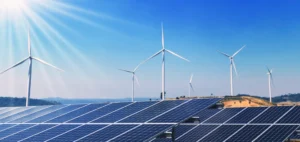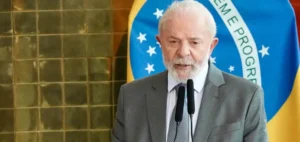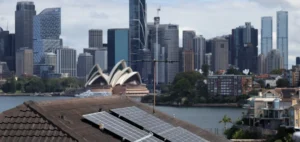Canada’s Minister of Natural Resources, Tim Hodgson, has announced measures designed to accelerate the permitting process for major energy projects. During an official speech, Hodgson specified that these reforms would significantly reduce the current approval timelines to enhance Canada’s energy sector competitiveness. He particularly highlighted the need to simplify administrative procedures and improve the efficiency of the existing regulatory framework. This announcement comes at a time when Canada’s energy industry is seeking to maintain its attractiveness amid strong international competition.
Reduction in approval timelines
Tim Hodgson stated that the approval process for major energy projects would now be completed within two years, down from the previous five. To achieve this goal, the federal government will establish a centralized office specifically dedicated to managing large-scale national energy projects. This initiative aims to streamline procedures often perceived as significant barriers by industry companies. The minister believes this new approach will attract greater domestic and international investment to Canada’s energy sector.
Enhanced collaboration
The minister also emphasized the importance of closer cooperation with provincial governments and companies to identify and expedite priority projects. Among these is a major carbon capture and storage initiative, estimated to be worth $16 billion, backed by several industry stakeholders. Hodgson stated that a collaborative approach would reduce bureaucratic obstacles and accelerate the implementation of strategic initiatives. Several prominent industry players have already expressed support for this new governmental direction.
Strategy for expanding into new markets
The minister underlined Canada’s need to diversify its export markets beyond the United States, specifically targeting Asian and European markets. According to Hodgson, expanding export infrastructure is essential to ensure better energy security and enhance access to international markets. Canada seeks to exploit its energy resources to maximize their global competitiveness. This strategy also aims to position Canadian energy resources effectively within the current international commercial landscape.
Positive reactions in the energy sector
Representatives of Canada’s oil and gas industry have positively received these announcements, highlighting increased willingness for dialogue between the federal government and the private sector. Certain executives from major energy companies expressed optimism about this new regulatory approach, believing it could facilitate faster advancement of significant projects previously hindered by complex administrative procedures. They also welcomed the initiative to enhance the efficiency of exchanges with public authorities. Industry reactions underscore significant expectations regarding the regulatory reforms announced by Tim Hodgson.






















